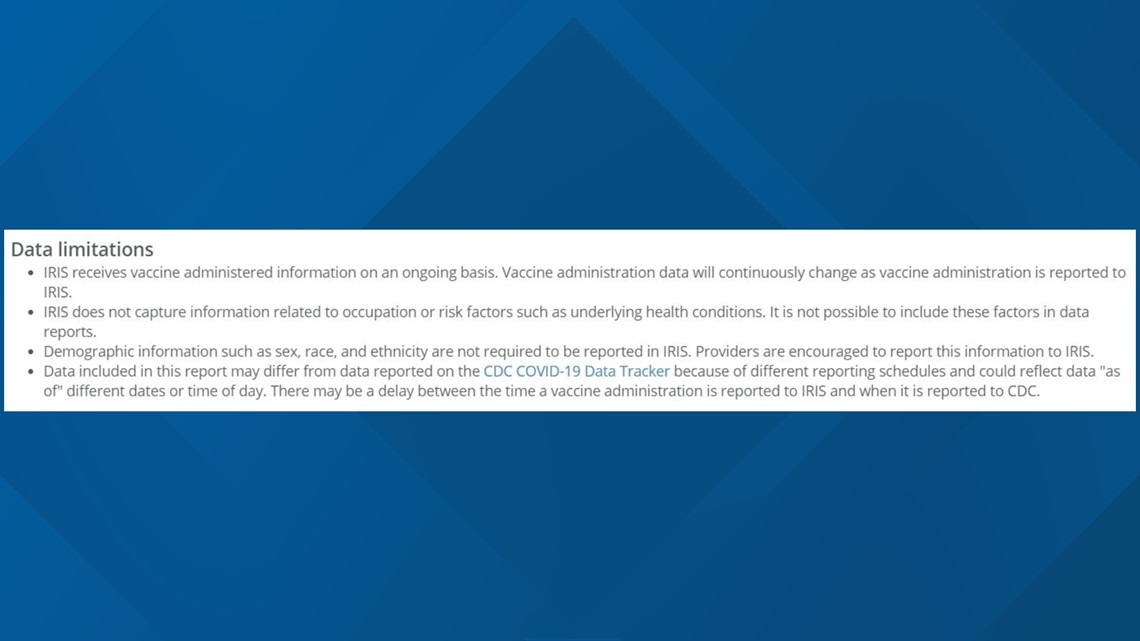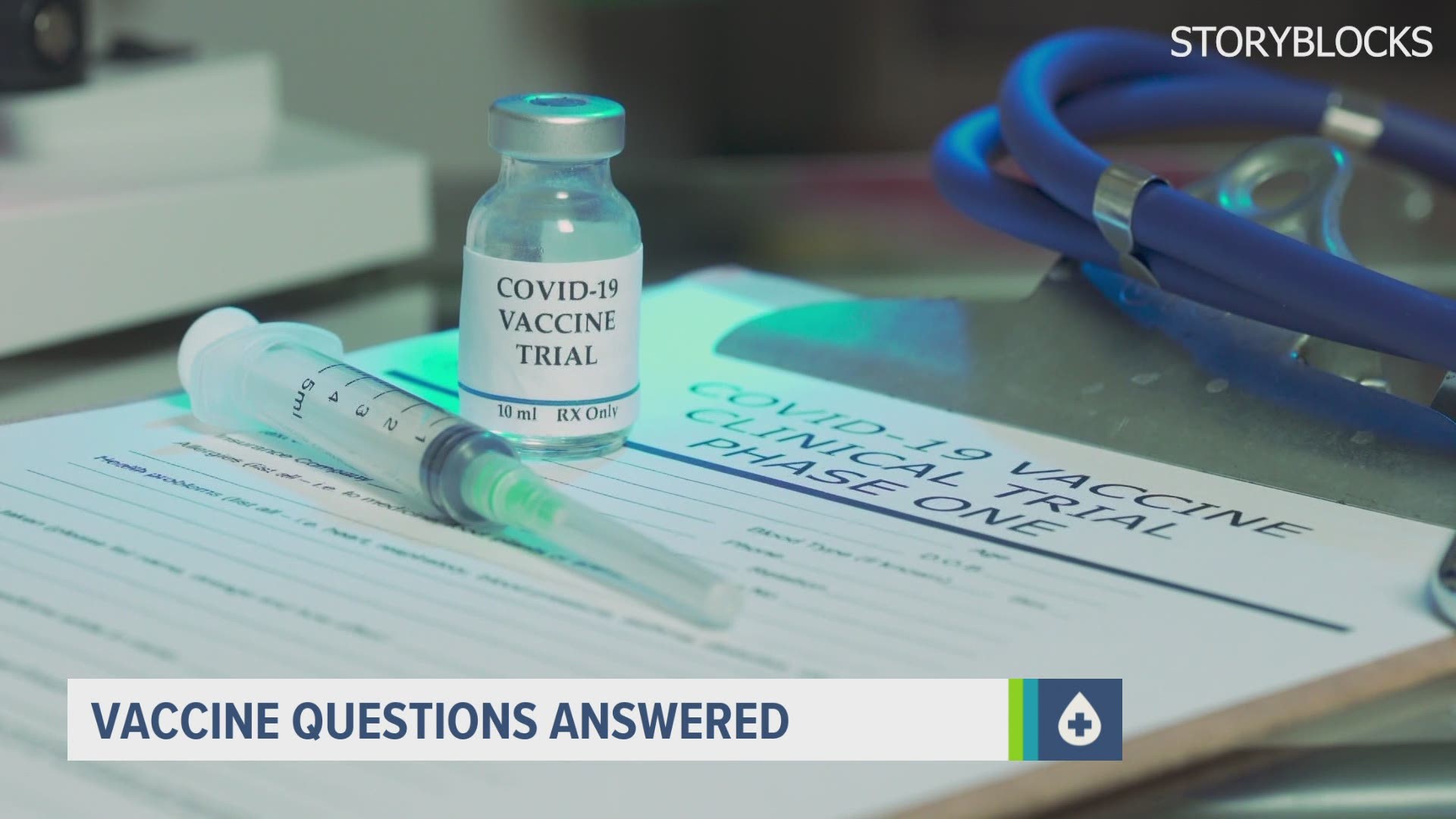DES MOINES, Iowa — Many viewers told Local 5 they were not getting the COVID-19 vaccine.
Kasey Stratton was one of those viewers.
Stratton had multiple reasons for not getting the vaccine and he had questions.
Local 5 reached out to Dr. Ravi Vemuri with MercyOne Des Moines Medical Center to get them answered.
Dr. Vemuri answers Stratton's questions
QUESTION: Why are [the vaccines] still being given if the death rate is higher for the vaccine than it is the virus?
ANSWER: The chances of dying from COVID are much higher than the chances of dying from the vaccine. The chances of dying from a vaccine are almost non-existent.
QUESTION: The standard is like two to four years before a fast rollout can happen. This was rolled out in months. Is it safe?
ANSWER: The Warp Speed operation basically provided an unprecedented amount of funding of billions and billions of dollars to the companies so that they could develop and test the vaccine in parallel rather than in sequence. That is why it was able to come out as quickly as it did. Plus, there was already research because COVID-19 is a part of the MERS and SARS coronavirus family.
QUESTION: Does the vaccine compromise my immune system?
ANSWER: No, they in fact, stimulate your immune system to make antibodies against this particular virus.
Fighting misinformation
State and federal leaders are using all sorts of methods to convince people to get the vaccine.
Michael Dahlstrom, an Iowa State professor, said sometimes people are misinformed because social media is more persuasive than science.
Dahlstrom explained the vaccine is just one example of the challenge of science communication.
"We know that cigarettes damage your health, yet people still smoke. We know that exercise is beneficial for your health. People still sit too much," he said. "And it's the same thing. We know that COVID vaccines are very protective, but people are still hesitant."
If your mind isn't made up about getting the vaccine, Dahlstrom believse people tend to lean towards real people on social media versus the facts.
"Once you get to this stage, facts don't matter at all because there's some underlying value system that's going to interpret whatever facts come through and whatever side links to that identity," he said.
RELATED: VERIFY: Two doses of Pfizer, Moderna COVID-19 vaccines provide greater protection than just one
Discrepancy between CDC, IDPH vaccine data
There are two places where we pull data from here at Local 5: the Iowa Department of Public Health and the Centers for Disease Control and prevention.
The data from these two organizations don't match up because they report vaccine data at different times.
The CDC's website says they update their data at 5 a.m. Central Time every day, but IDPH updates their vaccine data in the early afternoon.
So, which set of data should Iowans look at?
All vaccine data is reported to the Iowa Immunization Registry Information System, or IRIS, and the CDC separately. That's one of the data limitations listed on the IDPH's website.
In short, data is correct for both, the main difference is just reporting times.



